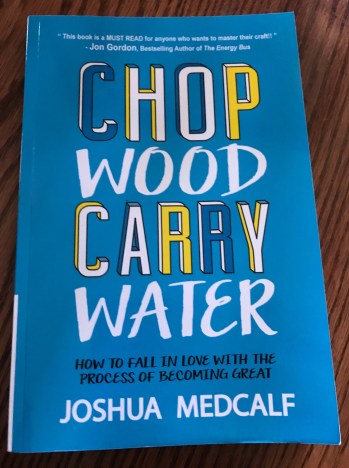I first met the Cav Scout on a crisp Fall morning. Like every new Soldier in my company, his platoon sergeant brought him by the office for a short introduction with the commander and 1SG. He stood at attention, looked me straight in the eye, and confidently answered my short questions about who he was and his past.
The Cav Scout was now a helicopter mechanic. He was an NCO and had experience leading Solders. His background was a bit unusual – retrained by the Army to be a helicopter mechanic after multiple deployments as infantry.
I should have taken those questions more seriously. The answers mattered to the Cav Scout.
I do not remember what exactly happened. Alcohol incidents were so common back then, that I cannot remember the specific event. Probably a DUI or not quite a DUI but close enough.
The Cav Scout drank a lot. Most Soldiers do at some point in their careers. They drink to have fun. They drink because they are bored. The drink because they can.
The Cav Scout drank for other reasons.
The Cav Scout went to rehab. Not the group therapy bullshit that the division held once a week – nope. The Cav Scout was sent straight to a multi-month, in-patient program. My guys drove him out and got him set up. Then I kinda forgot about him – until we had to go pick him up. That would fix him right?
We didn’t fix the Cav Scout.
The local police called me with a problem. The Cav Scout wasn’t actually in possession of any drugs, but he was in a house full of people using cocaine. The cops could not hold him, so would the Command want to come pick him up?
My guys went to the house and picked up the Cav Scout. They brought him back to the base. Then, the Cav Scout ran away. He was not wearing any shoes. It was winter. The MPs found the Cav Scout near the hospital half frozen, with bleeding feet, coming down off his high.
The Cav Scout went to rehab again. PTSD, drugs, alcohol — I do not remember what the actual reason was. My guys drove him up and dropped him off. They would fix different things this time.
Can we fix the Cav Scout?
There was a zero tolerance policy for drugs. I’d already started paperwork to chapter the Cav Scout out of the military. Any drug-related chapter was considered less than honorable, so policy required a discharge with an “other than honorable” service characterization. This detail is important. Without an honorable discharge, the Cav Scout would not get full Veteran medical or education benefits. It was policy. My hands were tied.
We did this to the Cav Scout.
The Cav Scout had served his country and his teammates. We had deployed him and asked him to do a hard job in an impossible place. When he broke, we gave him a band aid. First we just ignored it. Then, we gave him a new name and a new title to erase the old one. Only after he was too far gone, did we ask him if he wanted help.
He made his own choices…right?
I was easily the lowest ranking officer in room. One-by-one, each member of the command voiced reasons to discharge the Cav Scout without benefits. Drugs. Alcohol. Failure to Adapt. Positive for cocaine. This would be an easy chapter.
We broke him. Give him a fighting chance.
I do not know what I said. I know I was not the only one who spoke up. The Cav Scout had severe PTSD. His pain was real and it came from his time deployed. He did drugs and he could not continue to serve. But please, give him a chance to choose his new life. He probably won’t take it. He will likely keep doing drugs. But give him the chance.
I still believe in the Cav Scout.
Less than a year after I met him, the Cav Scout left my company — and the Army — under Honorable Conditions. My guys took him to the gate. They took his ID card. They shook his hand.
The Cav Scout became a Veteran and he still has a choice.
This post is part of a series called Veteran Voices. These words offer insights into the souls of our warrior class and their families.








